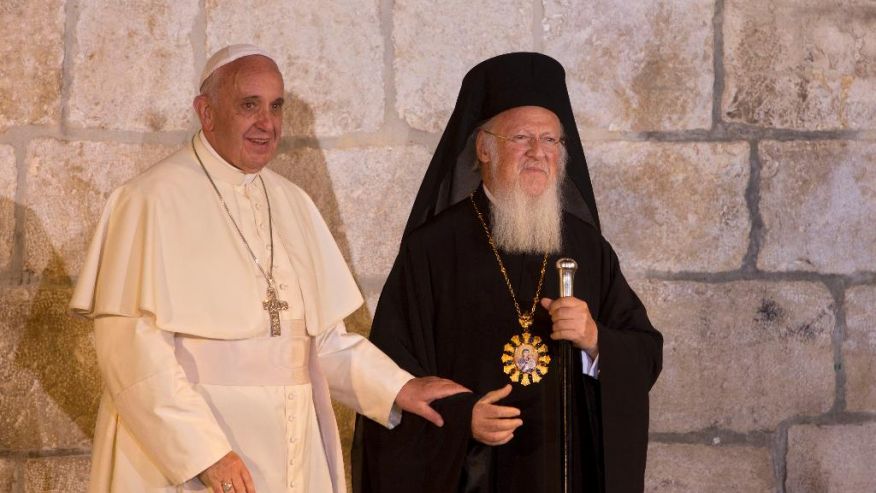On November 31, 2014 Pope Francis concluded a three-day trip to the cities of Ankara and Istanbul in Turkey. The trip was primarily to meet again with Patriarch Bartholomew I, the spiritual leader of over 250 million Orthodox Christians, whose Church broke away from the Roman Church in the year 1054. That division of Christians between the eastern Orthodox and western Roman church was a result of differences in their views on authority. The Orthodox Eastern Church believes in self- governing churches with the primary authority being Christ himself, and with a council of all sister churches used to settle doctrinal disputes. It is not a centralized organization headed by a pontiff as is the Roman Church. Their spiritual leader is the Patriarch of Constantinople holding the title of
“the first among equals”. Constantinople, now known as Istanbul was the center of Orthodox Christianity until the Ottoman conquest in 1453. Today only around 120,000 Orthodox Christians remain in Turkey. The vast majority of the 80 million citizens are Muslims. The estrangement between the two Christian groups continued through the Middle Ages, with linguistic, cultural, theological differences, and political events widening the separation. The Orthodox Church is rich liturgically and believes it has preserved the tradition and continuity of the ancient Church of the first 10 centuries. It believes that other Christian denominations have departed from that tradition and from the true faith. On this trip Pope Francis and Patriarch Bartholomew had interfaith dialogue and signed a joint declaration pledging to intensify their search for Christian unity and calling for constructive talks with the religion of Islam. In a press conference Pope Francis noted that not all Roman Catholics and Orthodox are happy with the unification progress that has been made and that work of convincing the more conservative factions must continue with patience and humility. Also on his trip the Pope met and prayed with Muslim leaders and saw the Turkish president. He told them that leaders must clearly condemn all terrorist violence being committed in Islam’s name against religious minorities in Iraq and Syria. He said that barbaric violence had nothing to do with the Koran, which is “a book of peace”. He reaffirmed that military force was justified to halt the Islamic State group’s advance, and called for greater dialogue among Christians, Muslims and people of all faiths to end fundamentalism. At the end of his trip Pope Francis met with a group of refugees from conflict zones of the Middle East and Africa. It was a “personal encounter” between the refugees and the Pope that also helps to remind the international community of the huge number of refugees who have flocked to Turkey from neighboring countries, especially Syria. Istanbul is a place where religions, empires and cultures collided, the Pope’s message of interfaith dialogue has profound resonance from there.
Sources: News.VA, TheBlaze, . orthodoxyinamerica.org, BBC.com

